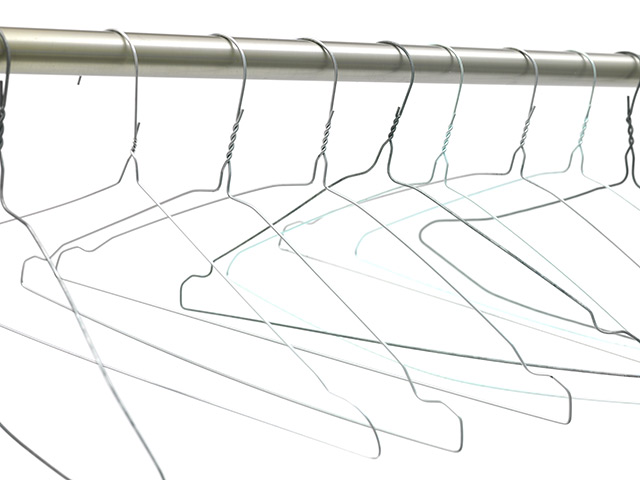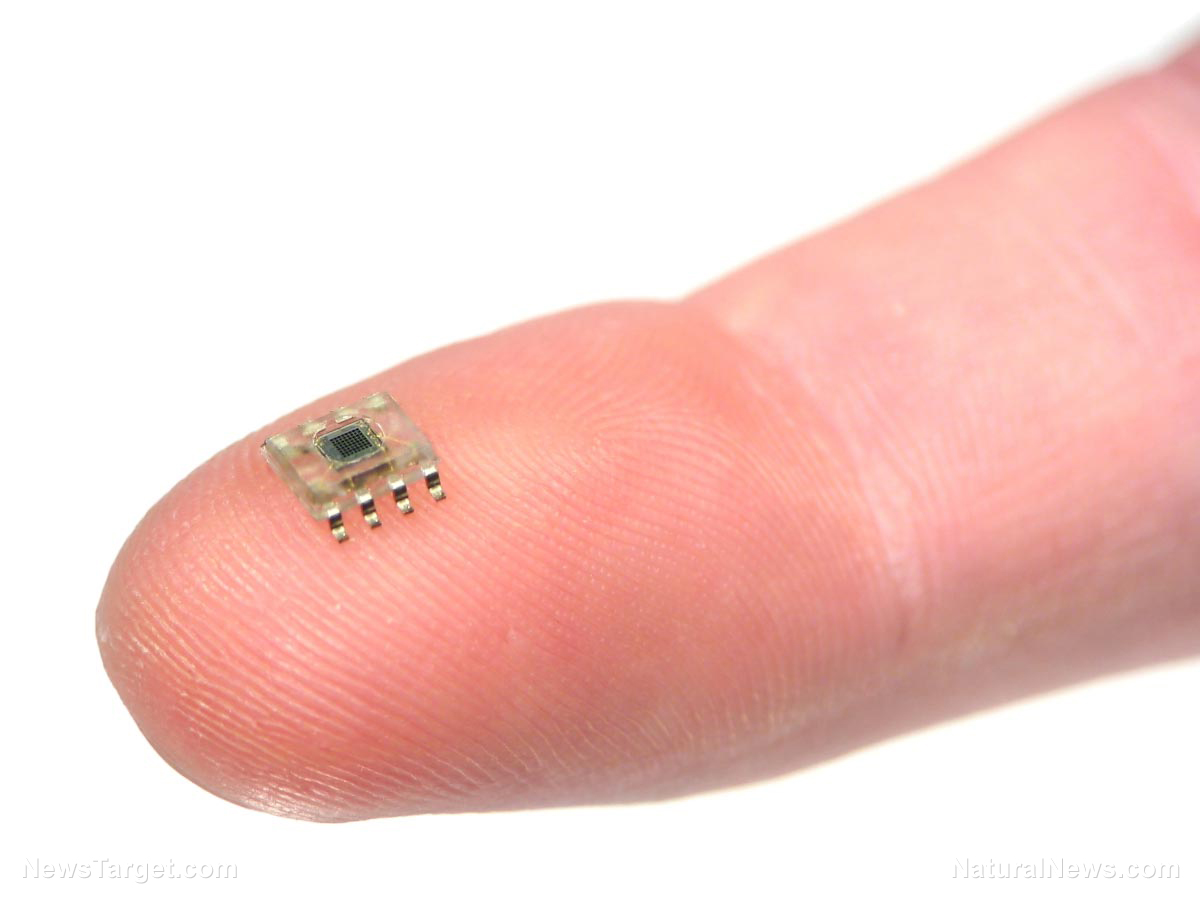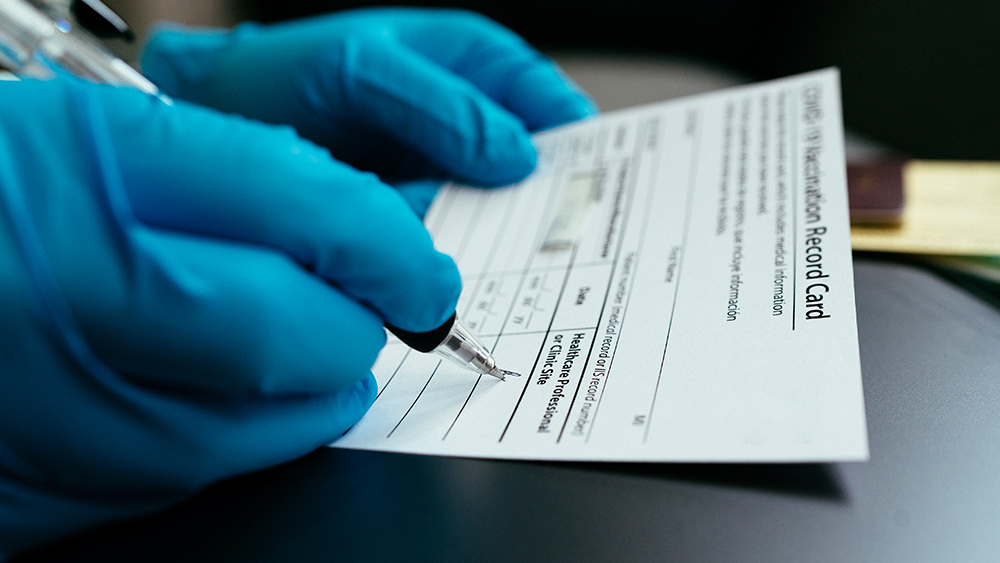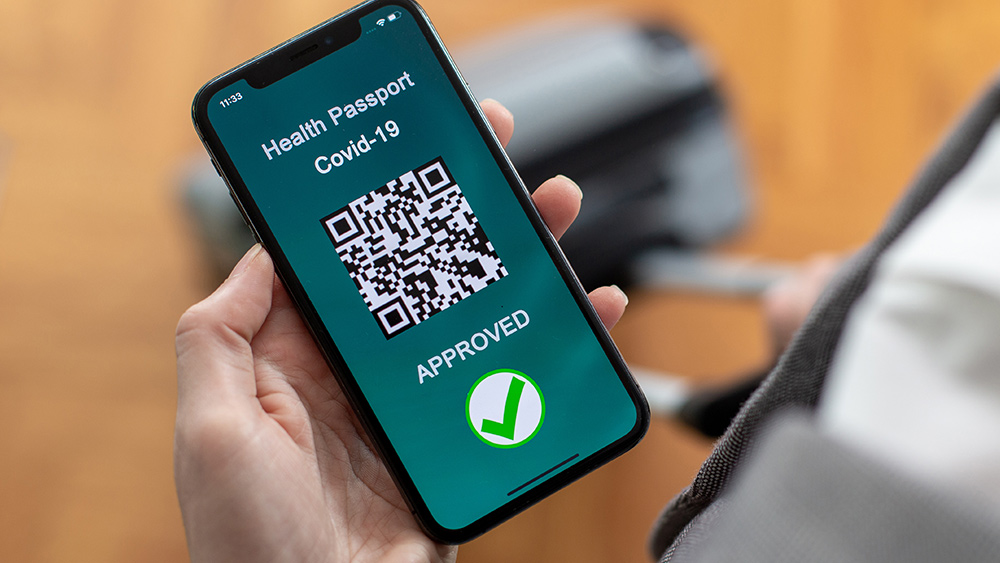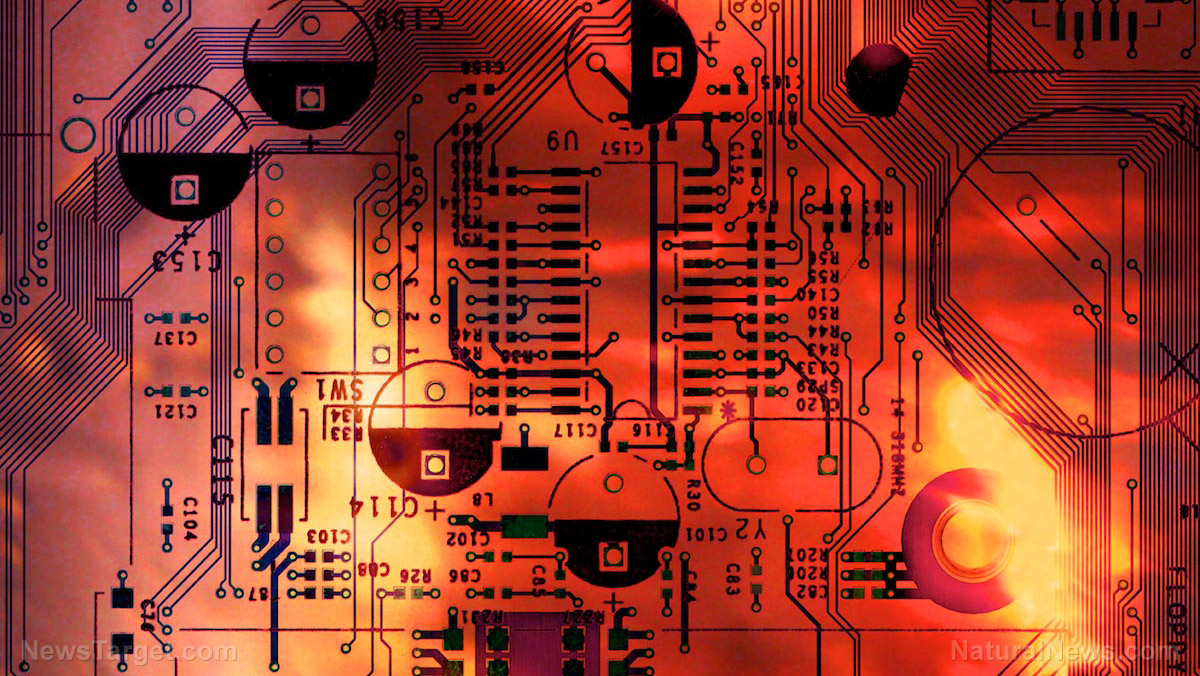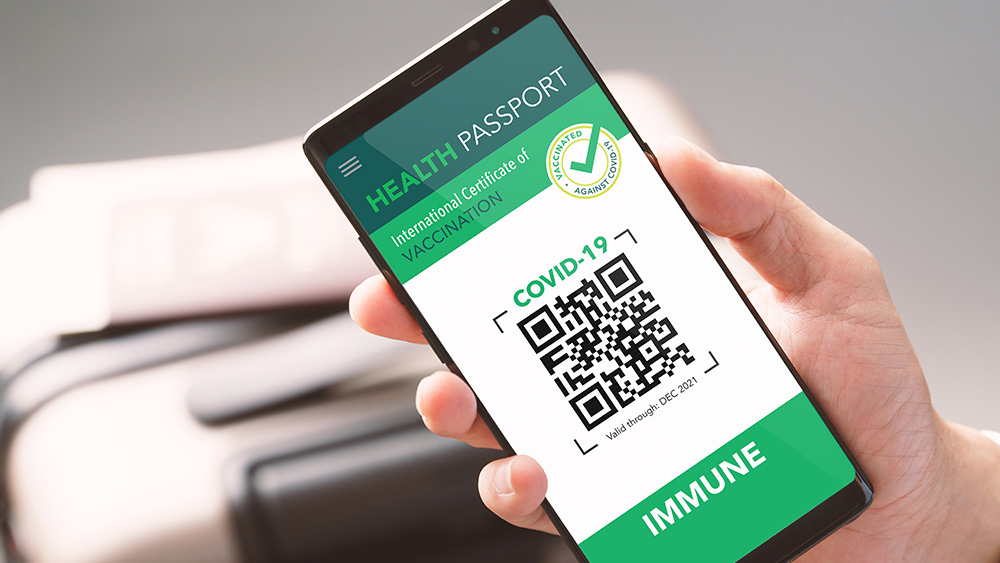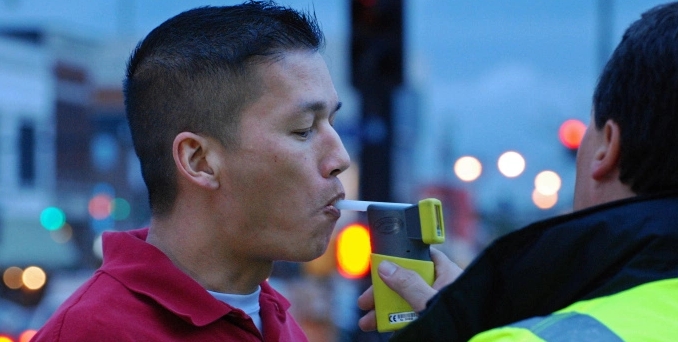Amazon using surveillance cameras to monitor its own delivery drivers and track their behavior
08/05/2021 / By Nolan Barton

Amazon is using artificial intelligence (AI) to determine the employment status of its delivery drivers. The AI-powered surveillance cameras in delivery trucks are monitoring the drivers’ behavior and giving them scores on safety infractions like tailgating, speeding or illegal U-turns.
News outlet the Information obtained confidential documents that reveal cameras inside vans count the number of potentially dangerous actions of drivers – most equal one point, but others like running a stop sign are worth 10 points.
The documents also state that contracted drivers receive a report card each week, showing their performance that ranges from “fantastic” to “poor” based on how many infractions occurred for every 100 trips. Those with five or fewer violations per 100 trips usually receive a fantastic score, according to the Information.
A poor score could lead to a driver being fired from the company. (Related: Amazon delivery drivers forced to submit to AI-powered camera tracking of their activities INSIDE the vehicle to retain job.)
An Amazon spokesperson told DailyMail.com in an email that 45 percent of delivery vans are equipped with AI-powered cameras. The spokesperson noted that these systems have improved safety since being installed and allowed delivery companies to help drivers avoid risky behavior while behind the wheel.
“Nothing is more important than the safety of drivers and the community, which is why we recently started rolling out industry-leading telematics and camera-based safety technology across our delivery fleet,” the spokesperson said.
“This technology provides drivers real-time alerts to help them stay safe when they are on the road. We piloted the technology on over two million miles of delivery routes, and the results produced remarkable safety improvements – accidents decreased 48 percent, stop sign violations decreased 20 percent, driving without a seatbelt decreased 60 percent and distracted driving decreased 45 percent.”
AI-powered cameras and more surveillance apps
Amazon rolled out the AI-powered cameras in delivery vans last February. The camera, called Driveri, has four lenses that monitor the road, driver and interior of the van.
Each lens is powered by AI that can detect 16 safety issues, such as hard braking and whether the driver is wearing a seatbelt. The system is designed to identify risky behavior, such as distracted driving, not stopping when required and speeding.
The technology tracks vehicle location and movement, including miles driven, speed, acceleration, braking, turns and following distance. It is being provided by Netradyne, a fleet management AI-technology startup from San Diego.
A presentation from Netradyne demonstrated the capabilities of the technology, including identifying a driver’s seatbelt compliance and distraction level, which ranges from using a mobile phone to simply looking down. Driving style is also closely monitored, with events like hard acceleration and stop sign violations being recorded and swiftly reported to dispatchers.
The Driveri camera system is paired with the Mentor app that constantly monitors driver movement and location while also tracking some of the same safety violations.
In March, an Amazon driver told Reuters that this “Big Brother” system first began with the Mentor app, which sends data to the higher-ups. “If we went over a bump, the phone would rattle, the Mentor app would log that I used the phone while driving, and boom, I’d get docked,” the driver said.
Then, Amazon started asking him to post a selfie picture before each shift on Amazon Flex – another app he had to install. “I had already logged in with my keycard at the beginning of the shift, and now they want a photo? It was too much,” he said.
The final indignity, he said, was Amazon’s decision to install a four-lens, AI-powered camera in delivery vehicles that would record and analyze his face and body the entire shift. The driver eventually quit, citing the surveillance as his reason for leaving.
Privacy advocate: We are talking about the extinction of human privacy
Privacy advocates warned that equipping Amazon’s fleet of delivery vehicles with AI cameras could set a dangerous precedent for privacy.
“This appears to be the largest expansion of corporate surveillance in human history,” said Evan Greer, deputy director of tech nonprofit Fight for the Future. “If this becomes the norm, we are talking about the extinction of human privacy.”
Amazon has come under scrutiny in the past for accidents involving delivery drivers, but Greer didn’t think the AI-powered cameras would solve the problem.
“The first thing Amazon should do to improve safety is to not have such outrageous delivery quotas that force people into unsafe conditions,” Greer said.
Rights activists pointed out that Amazon already had an extensive surveillance system in its warehouses to track workers’ movements and boost productivity, including navigation software, item scanners, wristbands, thermal cameras and recorded footage. (Related: Jeff Bezos caught trying to hire SPIES to surveil Amazon, Whole Foods employees.)
“There are no laws in place to meaningfully limit what Amazon can do with the footage they collect,” said Greer.
Andrew Ferguson, a professor of law at American University, Washington, D.C. said Amazon’s private surveillance networks would boost the snooping powers of the government. “While the inclination to use AI technology to enhance driver safety is commendable, the failure to think about the privacy and surveillance issues and equities is troubling,” he said.
Ferguson explained that while police may not have direct access to the footage, authorities will be able to access it in an investigation.
“Amazon is quite literally building mobile surveillance vans to film our neighborhoods, something that we would be rightly horrified about if our government did it,” Ferguson said. “I don’t think we want to join dystopia prime.”
Follow Surveillance.news for more news and information related to surveillance, spying and invasion of privacy.
Sources include:
Tagged Under: AI technology, AI-powered camera, Amazon, artificial intelligence, Big Tech, dystopia, navigation software, privacy watch, safety technology, startup, surveillance camera, telematics, thermal camera
RECENT NEWS & ARTICLES
COPYRIGHT © 2017 INFORMATIONTECHNOLOGY.NEWS

